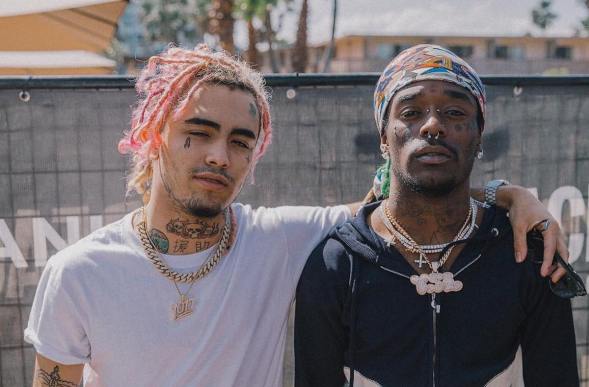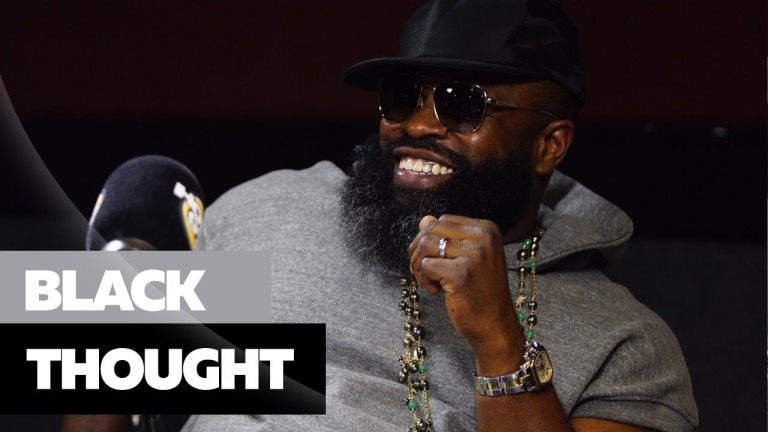Depending on what year you consider the birth of Hip-Hop (1974, 1978, etc.), this culture and music genre has firmly reached middle age. Entering middle age is supposed to send one into a crisis of sorts, and so this leads to the question is Hip-Hop in a midlife crisis?

Reasons to believe so
There doesn’t seem to be another time in Hip-Hop where there’s been such a staunchly stubborn divide between the veteran emcees and some of the younger rappers stepping into the game. Specifically, “Soundcloud rappers” like Lil Pump, Lil Yachty, and others often complain about old rappers taking things too seriously and needing to relax and take a step back from what’s happening.
From the veteran emcees’ perspective, this new iteration of rappers aren’t cultivating and improving the art form that is emceeing. It’s evident in the subject matter as well as the song construction that these rappers don’t really want to rap/freestyle/etc.
This generational divide is nothing new, but it is more fervent now than it’s ever been. One reason to believe that this is a midlife crisis and not just a generational gap is actually due to the similarities between rap’s origins and today’s music (and the one major difference between the two).

In the 1970’s, Hip-Hop was about park jams, providing a space to get together with friends and your community, and a chance to improve your skills. In 2018, it’s about getting together, having fun, and listening to some music that will create a similar atmospheric vibe.
The biggest difference between the two is that in the 70s, Hip-Hop arose because, as KRS-One once said, “Rap was the final conclusion of a generation of creative people oppressed with the reality of lack.” Schools had cut music and arts programs in New York City and this was a new method in which to regain those skills.
Today, similar cuts are still happening across the United States, which could be one possible reason as to why so many new rappers are coming from a D.I.Y aesthetic.
The reasoning for the creation of the music is different, too. During Hip-Hop’s origins, there was a larger focus on having a good time by being together and building community.
That same feeling doesn’t exist as strongly as it once did, and coupled with the lack of focus on lyricism, could be the source of the animosity directed towards newer rappers today.
Why it might not be a “crisis”

Every genre out there grows up, goes through changes, and has periods where there is a good deal of inner turmoil. Hip-Hop is no different and today’s rift between older artists/fans and newer ones might just be another example of the generational gap currently taking place in the U.S.
Another reason why it isn’t necessarily a “crisis” is due to a lot of the bigger names in the genre aging and their topical content is changing with them.
Jay-Z’s 4:44 is a premiere example of Mr. Carter’s topical choices changing due to his life changing. Money, cash, and women have been replaced with legacy building, family and self-preservation.
Bridging the gap between the older and younger generations will be paramount in order for the culture and genre to grow. Animosity will not help, although competition might.
It’s important to know the difference and to embrace new challenges in what has become the most popular genre in the United States.
